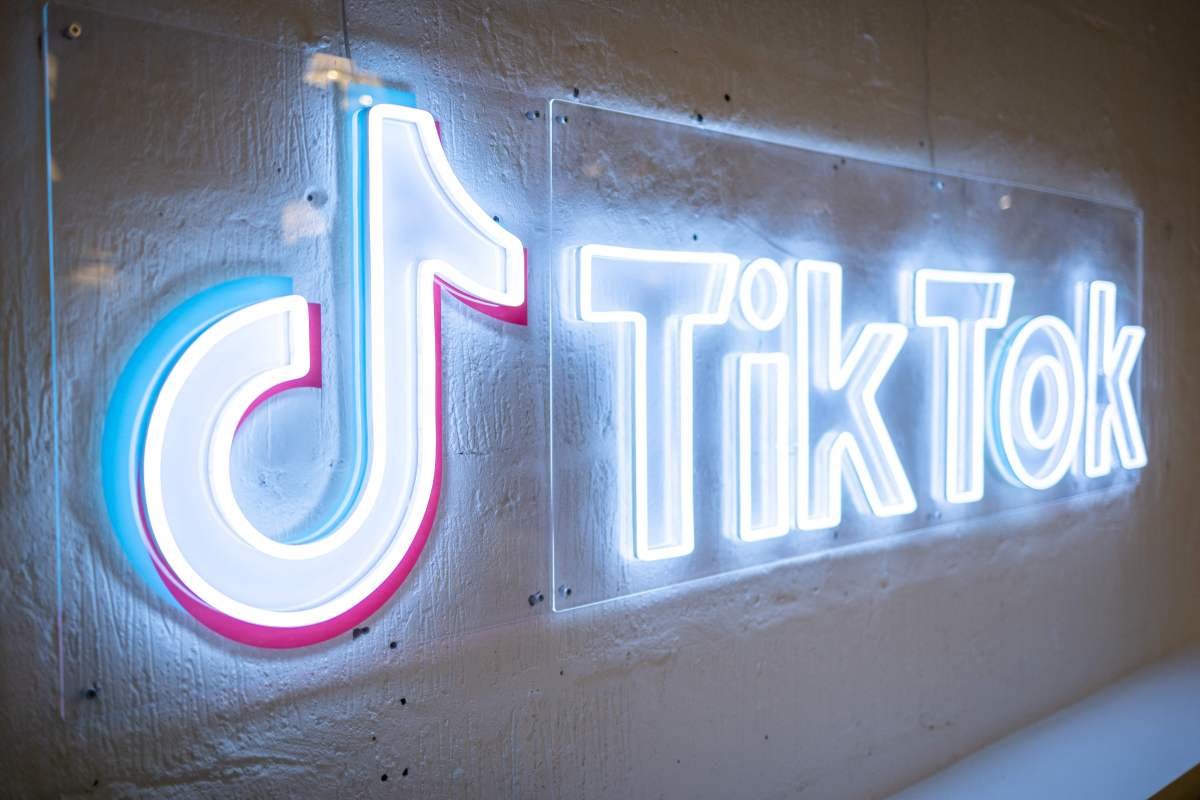A Bill Threatening to Ban TikTok May Face Challenges in the Senate
A controversial bill that could potentially ban the popular app, beloved by half of the American population, has passed through the House of Representatives in record time. However, in the other chamber of Congress, things are far from straightforward.
TikTok the company and TikTok the chaotic community of creators and their followers are currently in a state of panic. Both were caught off guard by a sudden surge of regulatory action that seemed to appear out of nowhere, surpassing previous attempts. But now, with the bill’s passage in the House, the spotlight shifts to the Senate, where the situation is much more complex.
Lawmakers in the Senate have started to chime in, but some influential voices have yet to reveal their stance on the issue. Senate Majority Leader Chuck Schumer, who has the ability to determine the Senate’s priorities and rally Democrats for a unified vote, has only stated that the Senate “will review the legislation when it comes over from the House”. If Schumer intended to push for a Senate version of the bill, this would have been the perfect opportunity to capitalize on the House’s momentum and garner support. However, his stance remains noncommittal for now.
Senate Commerce Committee Chair Maria Cantwell (D-WA) echoed a similar sentiment, though also expressed her concerns about countries like China potentially exploiting Americans’ personal data. “These are national security threats and it’s reassuring to see members in both chambers taking them seriously,” Sen. Cantwell said in an email statement to TechCrunch. “After today’s House vote, I will be discussing with my Senate and House colleagues to find a path forward that is constitutional and respects civil liberties.”
Cantwell’s mention of the constitution hints at the potential First Amendment battle that may ensue in court if the bill is passed into law. TikTok has previously fought against a state-level ban in Montana, successfully arguing that it violated constitutional rights. A TikTok spokesperson has also characterized the bill as an attempt by the government to “strip 170 million Americans of their Constitutional right to free expression”, giving a preview of the potential legal direction this issue could take.
While some members of the Senate remain undecided, others have come out swinging. Senate Intelligence Committee Chairman Mark R. Warner (D-VA) and Vice Chairman Marco Rubio (R-FL) released a joint statement immediately after the bill passed in the House.
We are united in our concern about the national security threat posed by TikTok – a platform with enormous power to influence and divide Americans whose parent company ByteDance remains legally required to do the bidding of the Chinese Communist Party.
Warner and Rubio added that they plan to work together to pass the bill in the Senate. Their Senate committee, which frequently deals with national security matters, is particularly relevant given the nature of concerns raised by critics of TikTok in Congress.
Missouri Republican Josh Hawley, known for his stance against China, expressed his support for a Senate version of the bill after the House vote. “NOW is the time to act on TikTok and stop China spying,” Hawley wrote on Twitter. “The Senate should take up this bill immediately.” Despite his support, Hawley also told Axios that the legislation is likely to face challenges in the Senate due to its failure to regulate big tech companies.
Senator Marsha Blackburn, another Senate Republican who has been vocal about China, also backed the idea of pushing the House bill through the Senate. “I am pleased to see progress made in the House…That is a very promising sign,” Blackburn stated in an email.
However, for Senate Republicans, there is another major factor that could throw a wrench in their efforts to take down TikTok. Former President Donald Trump, who was the first to propose a forced sale of TikTok four years ago, no longer supports a crackdown on the app. Trump explained his sudden change of heart by citing the potential benefits of banning or forcing ByteDance to divest from TikTok, which might give a boost to Meta, the social media company which suspended the former president’s account after he played a role in inciting violence on January 6.
“Without TikTok, you can make Facebook bigger, and I consider Facebook to be an enemy of the people,” Trump said in an interview with CNBC.
Trump’s shift in opinion on TikTok may have been influenced by a recent meeting with billionaire Republican donor Jeffrey Yass, who holds a 15% stake in ByteDance, TikTok’s parent company.
As time passes, TikTok sees an opportunity to lobby against the bill on Capitol Hill. Additionally, TikTok creators and their followers now have more time to voice their opposition to the bill, drawing attention to the large number of potential voters who could be affected by a ban on the app during an election year. With conflicting opinions within the Senate and the changing support of top leaders, the future of TikTok in the U.S. remains uncertain.








